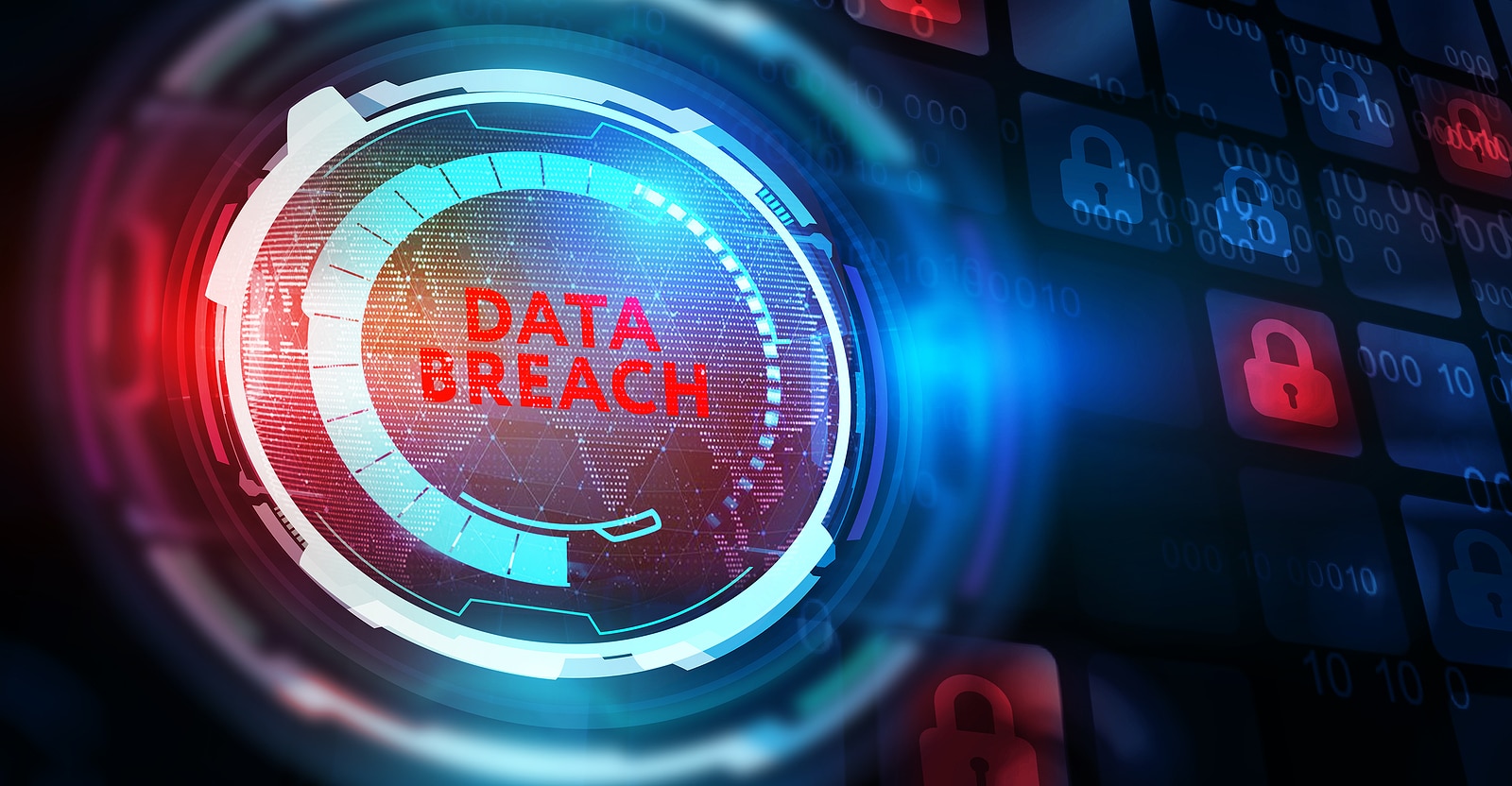The Influence of Effective Data Destruction on Cyber Security Danger Administration
The Influence of Effective Data Destruction on Cyber Security Danger Administration
Blog Article
The Necessary Nature of Information Devastation in Upholding Computer System Protection Solutions and Protecting Against Unauthorized Access
In an era where information violations and identity theft are increasingly common, the value of reliable data destruction can not be overstated. Various techniques, from data cleaning to physical devastation, offer as critical safeguards against unauthorized accessibility.
Relevance of Information Damage
In a progressively digital world, the relevance of information damage can not be overemphasized. As organizations generate substantial amounts of delicate information, the possible repercussions of failing to effectively take care of and dispose of that information end up being progressively extreme. Data breaches, identification theft, and company espionage posture substantial threats, highlighting the necessity of efficient data devastation methods.

Moreover, as technology advances, so as well do the techniques through which malicious stars look for to exploit sensitive details. Organizations should remain watchful and proactive in their data destruction strategies to safeguard against these developing threats. By focusing on data damage, companies not only secure their assets however also foster trust among customers and stakeholders, demonstrating a dedication to accountable information monitoring and security techniques.
Techniques of Effective Data Damage
To ensure the total and irreparable damage of delicate data, companies can utilize a variety of efficient techniques tailored to their certain demands. One of one of the most typical techniques is information cleaning, which involves making use of specialized software program to overwrite existing information multiple times, making recuperation practically difficult. This is especially helpful for solid-state drives and difficult drives, where standard removal approaches are insufficient.
Another efficient method is degaussing, which utilizes strong electromagnetic fields to disrupt the magnetic domain names on storage space media, providing the information irretrievable. This method is particularly fit for magnetic storage space devices, such as tape drives and difficult disks.
Physical devastation is also a feasible choice, including the shredding, squashing, or incineration of storage space tools. This technique assurances that information can not be recouped, making it ideal for organizations taking care of highly sensitive details.
.webp)
Conformity With Data Security Regulations
Organizations should not just concentrate on reliable data destruction approaches yet likewise make certain compliance with data protection laws that regulate just how delicate information is managed and thrown away. Sticking to these laws is necessary for preserving and protecting personal information customer trust. Rules such as the General Information Protection Guideline (GDPR) in the European Union and the Health Insurance Coverage Mobility and Accountability Act (HIPAA) in the USA enforce rigorous guidelines on information monitoring, which consist of demands for the safe and secure disposal of delicate info.
To accomplish conformity, organizations must implement thorough information devastation plans that line up with these legal frameworks. This includes determining data that requires damage, establishing procedures for protected methodsâEUR" such as shredding physical media or utilizing software program that satisfies industry criteria for data wipingâEUR" and maintaining comprehensive records of destruction activities. Normal audits ought to be carried out to guarantee adherence to these policies and to recognize any prospective areas for improvement.
Failure to abide by data security laws can lead to substantial legal implications, consisting of large fines and damage to an organization's online reputation. Incorporating compliance into information devastation techniques is not just a legal obligation however likewise a vital part discover this info here of a robust info protection method.
Repercussions of Poor Data Handling
Poor information handling can bring about severe repercussions that expand beyond instant functional problems. Organizations might face substantial economic losses due to information violations, which frequently cause pricey removal initiatives, legal costs, and regulatory penalties. These economic implications can strain resources and hinder development, eventually affecting an organization's lower line.
In addition, inadequate data handling can severely damage a company's credibility. Customers, companions, and stakeholders may shed rely on an entity that stops working to secure delicate information, bring about reduced consumer loyalty and potential loss of service chances. This erosion of count on can take years to restore, if it can be brought back in about his all.
In addition, companies might encounter legal ramifications occurring from non-compliance with information defense laws. Such violations may result in penalties and investigations, compounding the monetary burden and more tarnishing the company's image.
In the realm of cybersecurity, insufficient data administration practices can create susceptabilities that make systems extra susceptible to unapproved gain access to and cyberattacks. Inevitably, these repercussions emphasize the important significance of implementing durable data managing procedures to safeguard delicate details and maintain business honesty.
Best Practices for Secure Data Disposal


First of all, data must be identified according to its level of sensitivity. Sensitive info needs extra rigorous disposal techniques, such as shredding physical documents and making use of advanced software for electronic data wiping. Utilizing certified data damage services makes certain compliance with market laws and criteria.
Second of all, organizations ought to implement a data disposal policy that mandates routine audits. This policy should outline the procedures for information retention and destruction, making sure that obsolete information is dealt with without delay and securely. Training workers on these methods is necessary to promoting a society of protection recognition.
Last but not least, keeping in-depth records of disposed data improves accountability and offers a clear audit path. This paperwork should include the kind of information destroyed, the technique used, and the day of disposal.
Verdict
Adopting robust approaches such as information wiping, degaussing, and physical destruction, together with conformity with policies like GDPR and HIPAA, is vital for safeguarding sensitive details. Ignoring correct data disposal practices can lead to extreme blog here consequences, including information violations and legal effects.
In an age where data breaches and identification burglary are significantly widespread, the relevance of reliable data destruction can not be overstated. data destruction. Data breaches, identity burglary, and business espionage posture substantial threats, emphasizing the need of efficient information damage methods
Conformity with policies such as GDPR and HIPAA requireds that organizations execute rigorous information defense procedures, including the safe devastation of data at the end of its lifecycle.
By focusing on data devastation, companies not just protect their properties but also foster trust fund among clients and stakeholders, showing a commitment to responsible data monitoring and safety techniques.
Organizations must not just focus on effective information damage approaches but also ensure compliance with data security laws that control just how sensitive details is managed and disposed of.
Report this page